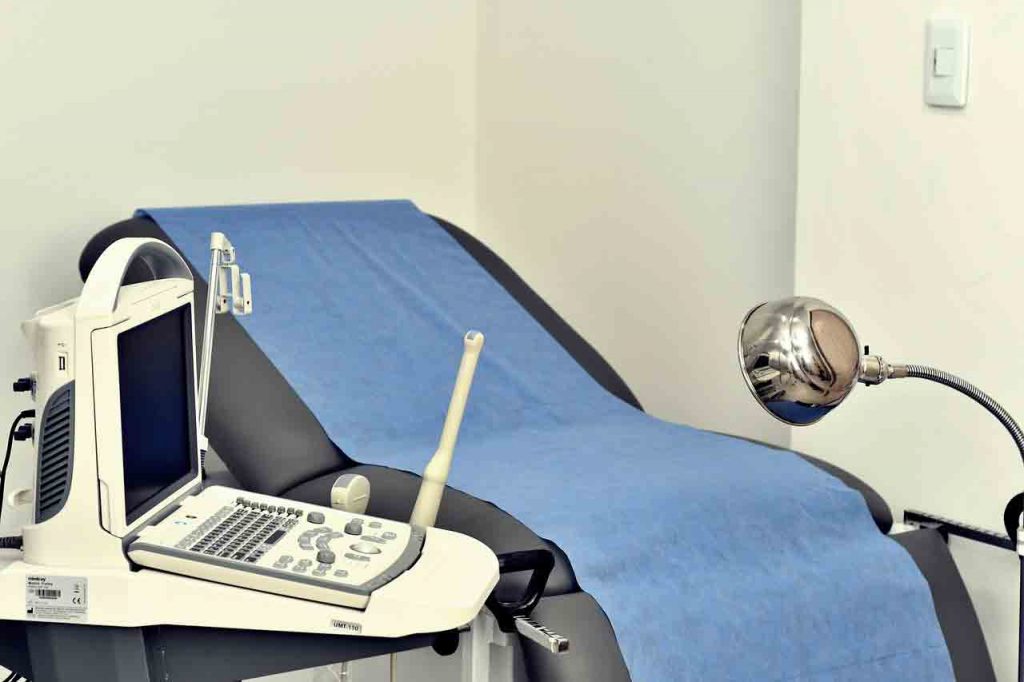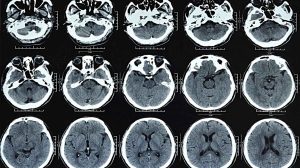Planning a pregnancy? There are a few things that need to be taken care of before pregnancy to ensure that is as healthy and easy as possible. like what? A pre-pregnancy consultation with your gynaecologist, taking folic acid, stopping smoking, and even a dental check-up
The modern pregnancy lasts 12 months, and includes three months of preparation period before pregnancy. These preparations are relevant both to healthy women, and to those who have medical problems that can affect pregnancy.
Some women start to consider pregnancy only after a delay of two or three weeks in the appearance of the menstrual cycle. Some do not consult their gynaecologist until 10-12 weeks into pregnancy.
Precisely this period is the most important in pregnancy as far as the normal formation of the fetal organs is concerned, and in contrast – also in terms of the development of birth defects in the fetus.
Whether this is your first, second or fifth pregnancy, there are some things that are important for you to do to make your pregnancy as easy and healthy as possible.
1. Your doctor or gynaecologist
It is recommended to arrange an appointment with your doctor or gynaecologist as early as when the matter of the future pregnancy comes up, and preferably about three months in advance, so that he or she can build you a plan that will suit your needs.
Even if you are as healthy as an ox, and even if you live with a chronic illness or a permanent medical condition, early pregnancy planning can prevent unnecessary suffering and worries.
The purpose of the visit is to go over your entire medical history, and make sure your health is good. If necessary, you will be sent, among other things, for various tests (e.g. blood tests and pap test ) and to receive vaccinations .
It is important that you choose a doctor that you feel comfortable with, nevertheless they will spend with you one of the most important and exciting periods of your life.
For whom is it especially important to meet with a doctor before pregnancy?
1. Women who have experienced repeated miscarriages (basically three or more miscarriages). When it comes to relatively older women (35 and older) and couples undergoing fertility treatments, in many cases the investigation of repeated abortions will begin already after two abortions.
2. For women with a history of fetal death in the womb, severe intrauterine growth retardation, placental abruption and/or severe and early preeclampsia , it is recommended to consult a gynaecologist for clarification before the next pregnancy. Even if the woman is healthy and the examination is normal, the couple should know that there is an increased risk (although still low) of the appearance of the complication in the next pregnancy as well.
3. In women with underlying diseases (such as chronic hypertension , pre-gestational diabetes, thyroid dysfunction or an autoimmune disease such as lupus ), there is a risk of worsening the disease during pregnancy, even with appropriate treatment.
Assessing the severity of the disease before pregnancy and optimal balance through appropriate drug and nutritional treatment can improve pregnancy outcomes.

2. Folic acid and other nutritional supplements
The Ministry of Health recommends taking folic acid (a group B vitamin) during all fertile years, and especially in the three months before pregnancy and during the first three months of pregnancy at least. This is a treatment that significantly reduces the risk of defects in the neural canal of the fetus.
In general, the recommended dose is 400 micrograms per day, but there are women with risk factors that increase the risk of pregnancy of a fetus with an open neural tube defect. A higher dose of folic acid (5 milligrams per day) will be recommended for these women. You should consult your doctor regarding the recommended dosage even before pregnancy.
The Ministry of Health recommends sufficient consumption of additional nutritional supplements that are important for a normal pregnancy, such as iodine in a dose of 250-150 micrograms per day – starting at least one month before pregnancy, and also during the entire period of pregnancy and breastfeeding; and vitamin D in a dose of 200-400 international units (equivalent to 5-10 micrograms) during all periods of pregnancy and breastfeeding.
3. Genetic tests
Don’t you know about a genetic disease in the family? This is not a reason to give up a series of tests and inquiries even before you decide to get pregnant. Doctors and health organisations recommend performing genetic screening tests even for couples with no known genetic diseases in their families. There are genetic screening tests that are recommended for every couple, and those that are adapted to the origin of each partner.
Today, it is also possible to perform extended genetic screening tests privately for a variety of rare genetic diseases, regardless of origin.
If there are genetic diseases in the family, conditions or diseases that may be hereditary, it may be necessary to seek pre-pregnancy genetic counselling.
4. Infections and vaccinations
The period before pregnancy is ideal for ascertaining the woman’s immune status for a number of contagious infectious diseases, which may harm the fetus.
If you plan to become pregnant, it is recommended that you check whether you are vaccinated against measles , mumps, rubella and chicken pox. These are live-attenuated vaccines that cannot be received during pregnancy.
In most cases, a vaccinated woman, i.e. a woman who has been sick in the past or received a vaccine, will not get sick again during pregnancy – and hence her fetus is protected from the possibility of disease and damage to it.
5. Medicines
There are drugs that are absolutely prohibited for use during pregnancy, because they can cause severe damage to the fetus. This list includes prescription drugs, over-the-counter drugs, and nutritional supplements or herbs.
If you take medications regularly and/or you know of a sensitivity to certain medications, it is important that you inform your doctor. In some cases, it is recommended to replace the drug treatment even before pregnancy with a safer treatment for your fetus.
6. Normal weight
If you are overweight you may have difficulties getting pregnant. Appropriate nutrition and weight loss before pregnancy in overweight women improve the course of pregnancy. Unbalanced and insufficient eating before and during pregnancy may harm the health of the mother and the fetus.
One of the indicators of your health and a safer pregnancy is a healthy weight. Being overweight or underweight increases the risk of pregnancy complications. By the way, a normal weight before becoming pregnant means better health for you and the fetus, and increasing the chances of a normal birth without complications.
Underweight is associated with an increased risk of low birth weight in the newborn and premature birth. On the other hand, obesity greatly increases the rate of pregnancy complications, including gestational diabetes , hypertension, and caesarean section .
If necessary, you will receive a referral for dietary advice to achieve the desired goals before pregnancy.
7. Stop smoking
Smoking harms the fertility of both the woman and the man, and also reduces the chances of success of fertility treatments. Smoking (and exposure to smoking) during pregnancy is harmful to the woman and endangers the fetus, as well as the newborn after birth.
The dangers of smoking during pregnancy:
- Damage to the development of the fetus
- Low birth weight
- Premature birth
- Congenital defects, especially cleft palate and lip
- Respiratory diseases in the baby and the mother
- Increasing the risk of cot death syndrome
- Increasing the risk of learning difficulties such as ADHD in the child
8. Avoiding drinking alcohol
It is recommended to completely avoid drinking alcohol at any stage from the beginning to the end of pregnancy.
The alcohol that the pregnant woman drinks reaches the fetus through the placenta, and may cause severe damage to the fetus: abnormal growth, damage to the nervous system, and structural defects in the face and other organs. Some of the damages may become apparent only later as the child grows and develops.
9. Dental examination
During pregnancy the gums are more sensitive and inflammations develop more often. How does gingivitis feel ? It includes swelling, bleeding, redness and pain. Therefore, it is recommended to perform a proactive periodic dental examination at a dentist already in the planning phase, to make sure that the oral area is in the best condition for pregnancy. The dentist will guide you, among other things, regarding preventive treatments that should be performed to reduce the risk of infections.
10. Did you make a consultation appointment? excellent! You should come prepared
There are many other topics that can be discussed during the pre-pregnancy counselling session with the doctor, for example: planning the future family; the optimal period of time between birth and birth ; Personal situations that can affect pregnancy outcomes such as stress and mental stress; occasional drug use during the first trimester of pregnancy; Engaging in physical activity .
The doctor does not always have the time to discuss all the issues, so it is important to come prepared and ask the relevant questions for you and your partner.












Add Comment